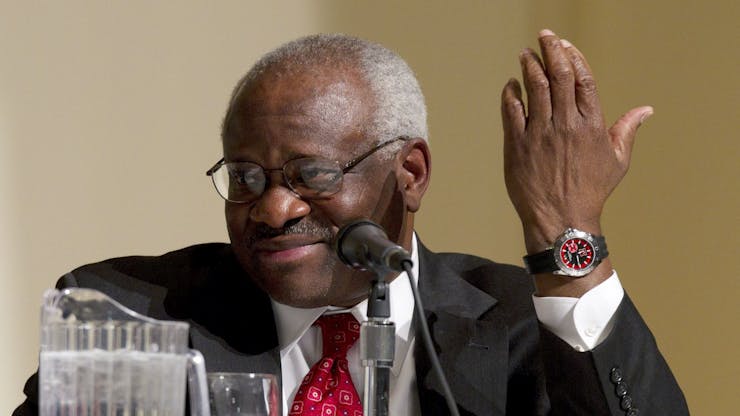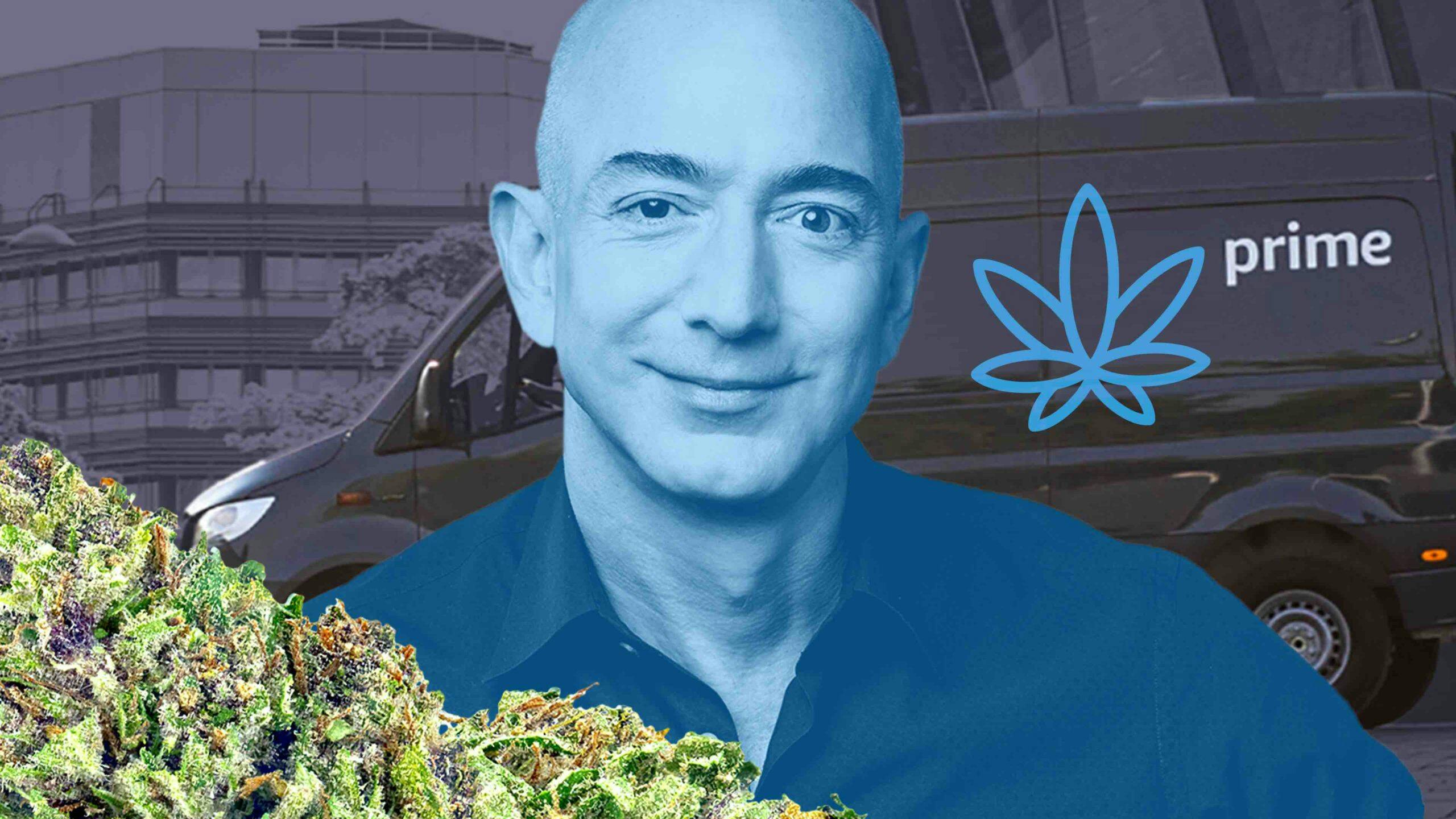‘The Haymaker’ is Leafly Senior Editor Bruce Barcott’s opinion column on cannabis politics and culture.
In the space of a few hours on Monday, the supreme courts of both Mexico and the United States issued rulings that could have a profound effect on cannabis legalization in both countries. But don’t spark up those celebratory joints yet. In the bizarro world of cannabis politics, what looks like up sometimes turns out to be down.
On Monday, Mexico’s Supreme Court declared cannabis prohibition unconstitutional. If you thought that had already happened, you’re right.

Back in Oct. 2018, the Supreme Court ruled that outlawing marijuana was unconstitutional. The justices then gave lawmakers time to enact a legalize-and-regulate scheme—two and a half years, in fact.
And in those two-and-a-half years, Mexico’s politicians failed to pass anything. Fed up with the endless delays, the Supreme Court stepped in and said, enough.
The Associated Press reported that Monday’s court ruling means that “people who want to smoke marijuana or grow a few pot plants for their own use can ask for a government permit until some legislation is enacted.” Those permits have existed since 2015 but have only been granted in response to court injunctions. It still remains unclear whether adults will need a permit to both possess and grow cannabis, or just a permit to grow cannabis, and how exactly they should apply.
Marijuana Moment’s Kyle Jaeger, who has been following the Mexico situation closely, reminded us of a prediction that Mexico’s Senate Majority Leader Ricardo Monreal Avila made back in April. Avila said that a court declaration of unconstitutionality would result in “chaos” if it came before a regulatory system could be established.
That chaos has now come to pass. Cannabis is legal in Mexico, but nobody’s sure exactly how, when, or where.
Clarence Thomas shocks the world
Meanwhile, in Washington, DC, the US Supreme Court fired a shot across the bow of American prohibition. Clarence Thomas, one of the high court’s oldest and most conservative members, wrote that “prohibition on intrastate use or cultivation of marijuana may no longer be necessary or proper” to support what he criticized as the federal government’s “piecemeal approach” to cannabis regulation.
Thomas’ words do not have the force of law, as they came only in an explanatory note that accompanied the denial of certiorari to a case involving a Colorado medical dispensary. That dispensary challenged the Internal Revenue Service’s outdated and onerous 280E tax rule, which heavily penalizes state-legal cannabis companies for trading in a federally illegal substance.
A strong warning
Thomas’ words were made all the more powerful by the precedent set on June 21 by Justice Brett Kavanaugh. In the court’s NCAA v. Alson ruling, which knocked down the ban on paying college athletes, Kavanaugh’s concurring opinion (not the main ruling itself) made it clear that any future attempt by the NCAA to protect its archaic, “amateur” business model would be met with scorn by the justices. If you bring that student-athlete bullshit back to us, Kavanaugh seemed to say, you will lose, and lose badly.
Shop highly rated dispensaries near you
Showing you dispensaries nearThomas’ note sent a similar message. The high court’s most tradition-minded conservative sees no reason for cannabis prohibition to stand.
An alternate path to legalization?
In light of Kavanaugh’s Alson opinion, Thomas’ certiorari note and the Mexico Supreme Court ruling seem to offer an alluring alternate legalization track. What if federal legalization came not through Congress but via a US Supreme Court ruling that smashed prohibition once and for all?
After all, if Clarence Thomas can’t justify prohibition, legalization might stand a pretty good chance with the rest of them.
It’s tempting, I know.
Don’t fall for it
Here’s the problem. In Congress, legalization has already passed the House in the form of the MORE Act. The only thing standing in the way of prohibition’s end is the US Senate, whose members are very old and extremely set in their ways—especially when it comes to marijuana. Many of those senators, Democrats and Republicans, do not want to cast a vote that they believe could be seen as promoting weed.
Justice Thomas’ note could open their minds to the realization that it’s time to end prohibition. Unexpected sources have a way of doing that. Or his note could be seen as offering those weak-kneed senators a way to skirt a vote entirely: Why not wait until the Supreme Court declares prohibition unconstitutional? Let the justices do the dirty work.
After all, that’s the strategy adopted by Mexico’s senators. They delayed for two-and-a-half years until the Supreme Court was forced to act. Marijuana is about to become legal without regulation in Mexico. In the minds of those Senators, perhaps that makes it an easier vote to take, as they’re now cleaning up an unregulated mess instead of promoting the adult enjoyment of weed.
Don’t let the US Senate off the hook
Clarence Thomas is right. The federal government’s approach to marijuana is no longer a “watertight nationwide prohibition.” The Supreme Court’s last important marijuana case, Gonzales v. Raich, was decided in 2005 in favor of prohibition. The reasoning behind that decision, Thomas wrote on Monday, has been “greatly undermined” by the federal government’s response to state legalization over the past 16 years.
It is time to end prohibition. It is the duty of the US Senate to do it. Don’t let your own senator pawn off the job to the Supreme Court. Get on the phone and tell them you are their constituent, and you expect them to do the right thing. Now.








